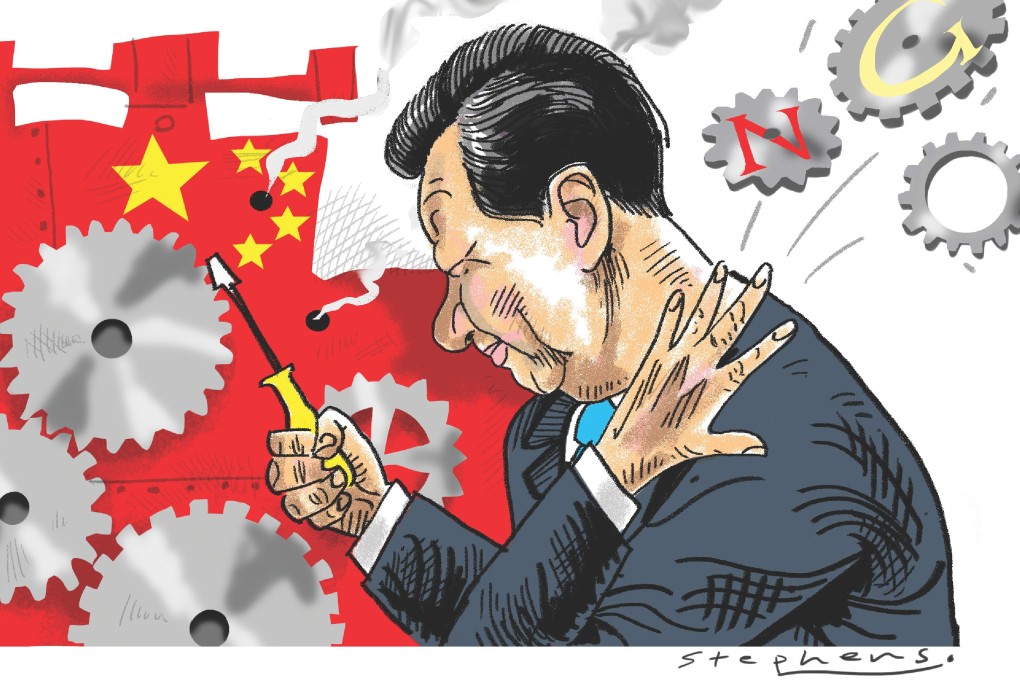Crackdown on foreign NGOs is not in China's own interests
Gary Sands says Beijing's plans to curb the activities of foreign NGOs, many of which are helping to improve society and the environment, won't benefit the people

President Xi Jinping's restrictions on the operations of foreign organisations in China are continuing, as Beijing prepares new regulations prohibiting foreign non-governmental organisations from activities that violate "Chinese society's moral customs".
Rights activists fear the new measures will seriously curb their activities and drive many NGOs out of the country.
The new draft regulations are the latest in a series of restrictions aimed at the operations of foreign companies, including restrictions requiring US technology companies to submit their products for security testing and to disclose their software source code.
The Guangxi Academy of Social Sciences estimates that there are more than 6,000 foreign NGOs in China, of which 40 per cent are American, while Tsinghua University believes there may be 10,000 foreign NGOs.
Foreign NGOs in China are involved in a range of activities, assisting China in achieving a cleaner environment, better governance and poverty reduction, which can often imply that the Communist state is not up to the task. Other NGOs are involved in training journalists or as advocates for gay rights - which are controversial activities in China.
Many of the foreign NGOs, as well as the more than 500,000 Chinese NGOs, register as commercial enterprises or operate without proper authorisation, given registration constraints, a lack of regulations, or requirements that all charitable donations first pass through fiscal authorities.
The new draft regulations on NGOs, which include forbidding fundraising in China and the setting up of branches in China, are being implemented for reasons of national security, according to a parliamentary spokeswoman.